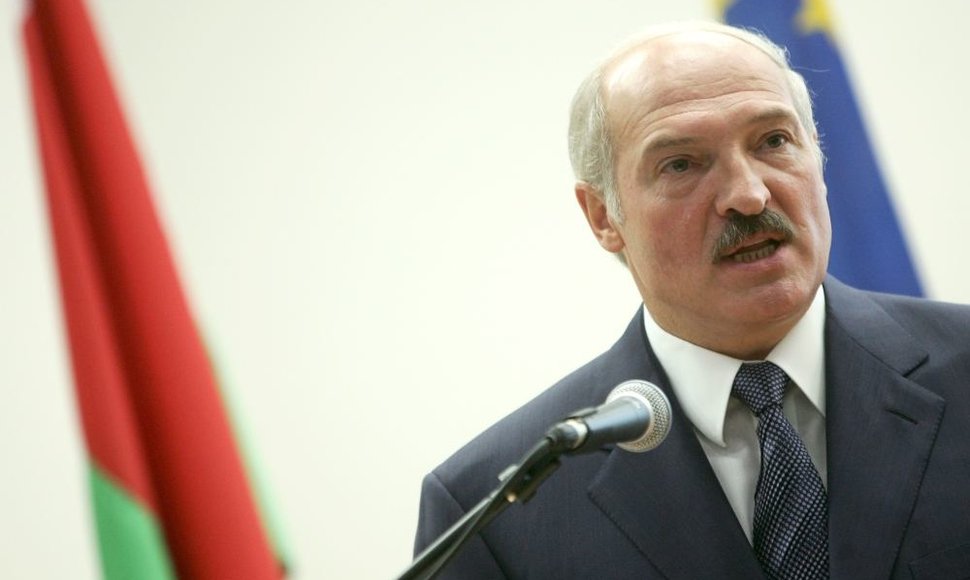"The meeting of ministers decided to apply sanctions against 29 companies and 12 individuals," Vykintas Pugačiauskas from Lithuania's mission at the EU told BNS.
He said the companies would be specified on Saturday.
Lithuania shares the European Union's (EU) position on sanctions against oligarchs linked with the regime of Belarusian hard-line President Alexander Lukashenko, Prime Minister Andrius Kubilius stated on Friday.
"The sanctions are aimed against people close to the Belorussian leader, Lukashenko. We share the EU's position on the matter," Kubilius told journalists on Friday.
According to information available to BNS, it is the firts time that sanctions are introduced against companies owned by oligarchs Yuri Chizh and Anatoly Ternavsky. New companies of businessman Vladimir Peftiyev have also been blacklisted. These companies, dubbed “Lukashenko's pocket”, will be banned from financial operations in the EU.
After some Lithuanian businessmen voiced objections to measures, citing negative effects the economic sanctions might have for Lithuanian businesses, diplomats dismissed the fears as ungrounded. According to them, there were "no total economic sanctions" and the instruments would only be applied against oligarchs, not state-run companies.
The issue of sanctions was postponed in February after Slovenia blocked the decision with regard to companies of Chizh, a close friend of Lukashenko, that had business connections in Slovenia. Latvia had also expressed fears. However, a compromise list of companies was approved on Friday, diplomats said.
During the meeting in Brussels, EU foreign ministers added new names to the list of more than 200 individuals who are not allowed to enter the EU and whose accounts have been frozen. Sources say the list was updated with names of Chizh, Ternavsky and 10 law-enforcement officers.
The EU sanctions against Belarus came in response to the repressive regime's measures against political opponents. Lukashenko introduced severe instruments following mass protests ignited by the 2010 presidential election.
Nevertheless, officials of some EU countries, including Lithuania's President Dalia Grybauskaitė, have warned that excessively rigid economic sanctions would boost Russia's influence in Belarus.
After a meeting with Latvia's president on Thursday, Grybauskaitė said that sanctions against the Belorussian regime were necessary but should not be directed against ordinary people. Latvia's President Andris Berzins, in his turn, noted that ordinary people would be affected by damages incurred by Latvian companies that have invested in Belarus.
Earlier this week, Lithuanian business and industry figures said EU economic sanctions against Belarus could have “catastrophic effects” upon Lithuanian business.
No total sanctions
"The EU has not introduced any wide-scale sanctions against Belarus which would affect separate branches of economy. Only targeted sanctions are being applied," Lithuania's Minister of Foreign Affairs Audronius Ažubalis commented on EU sanctions against Belarus.
"There can be no talks about total dissociation or total sanctions," Ažubalis said in a pre-recorded comment to the media.
In his words, the Lithuanian business community, representatives of which have warned about potential damage the sanctions might do to the Lithuanian economy, is mostly influenced by the way Lukashenko runs the state and economy.
"We have to realize that Lithuania's business is, first of all, influenced by the way Lukashenko runs the state and economy, and not by the way the EU-Belorussian relations are evolving. The risk to business comes from an economic standstill Belarus is being led to by its leader, and repressive measures he takes against his own people, and inadequate measures he might take against foreign business. These are the real threats," Ažubalis said.












